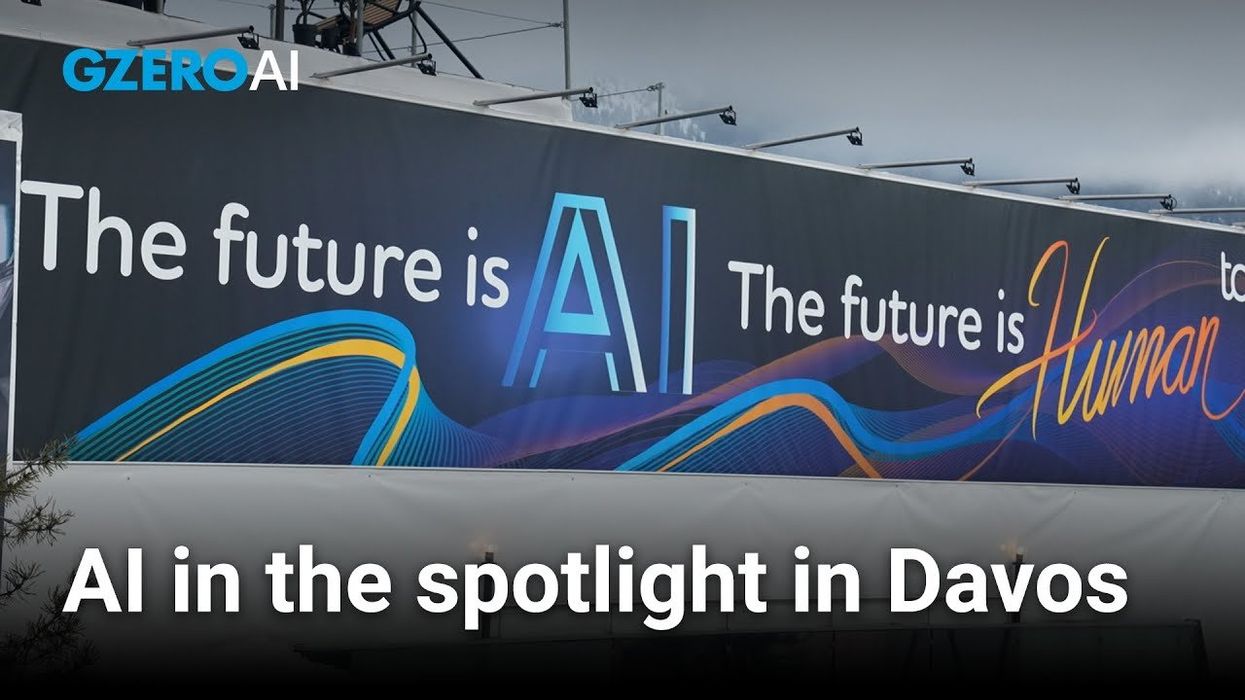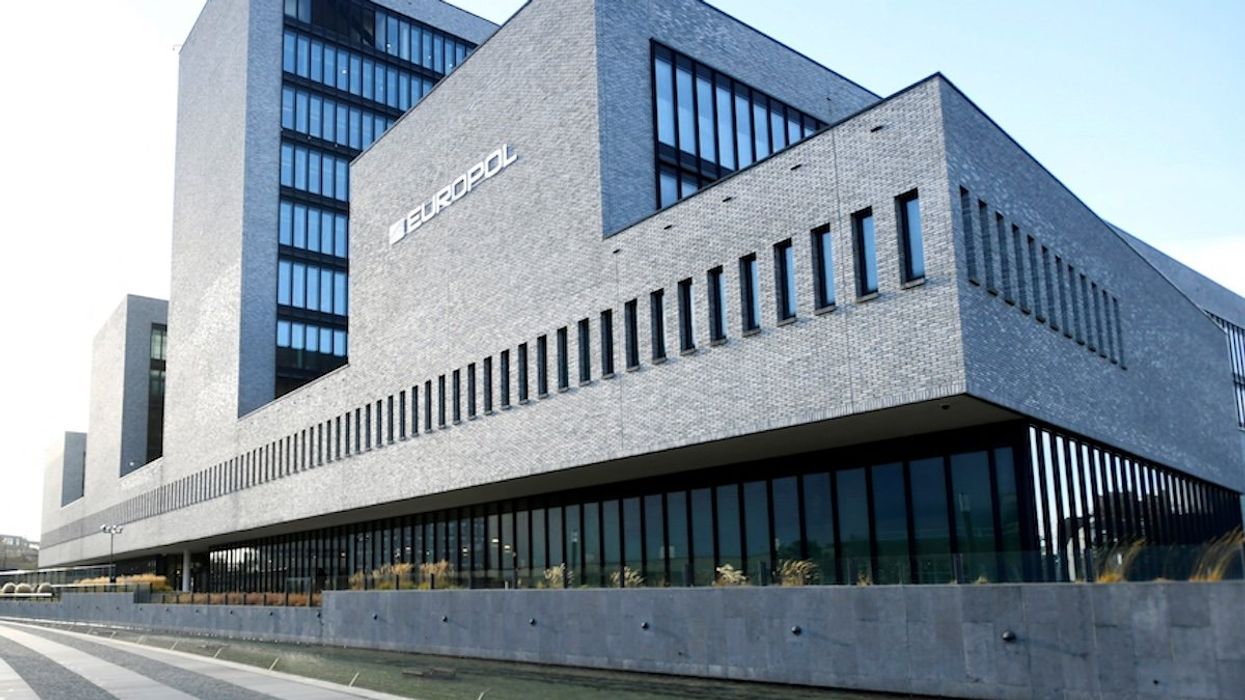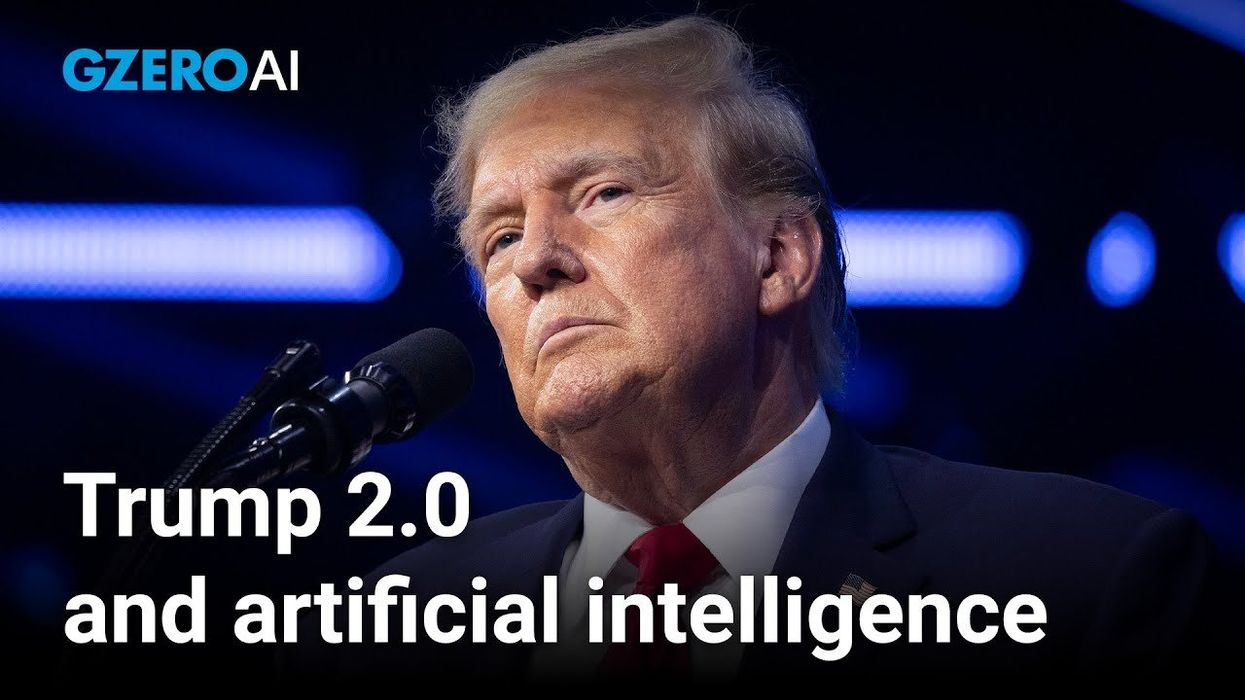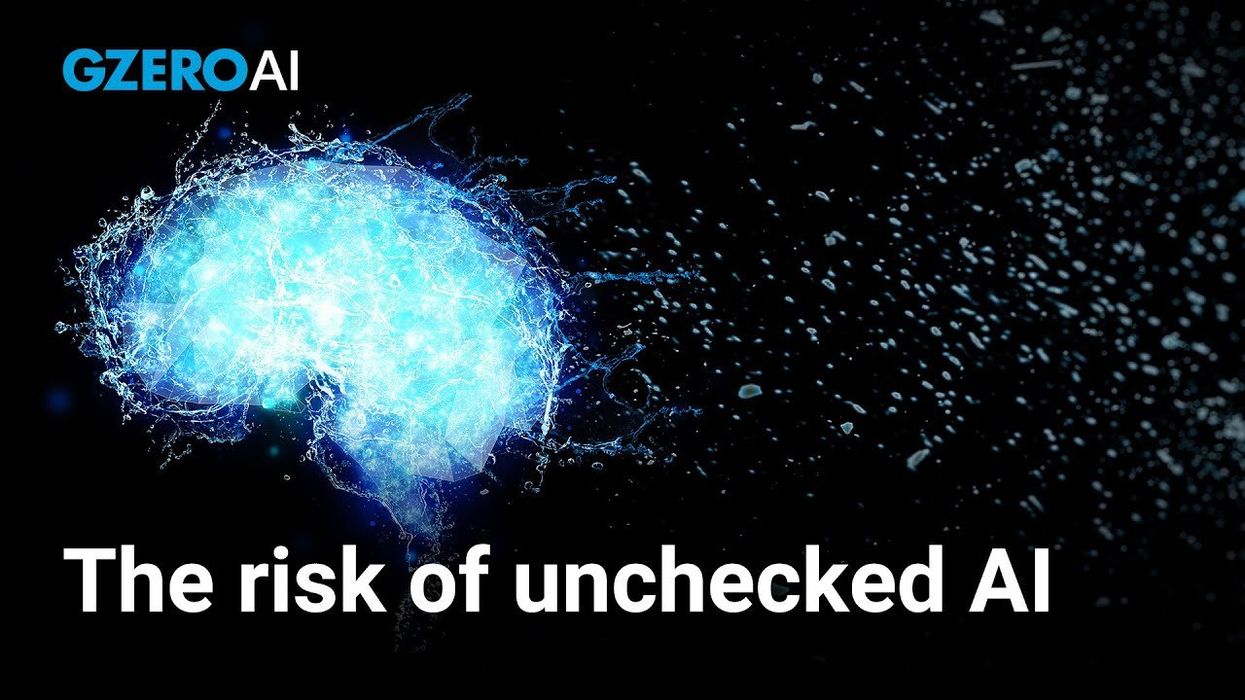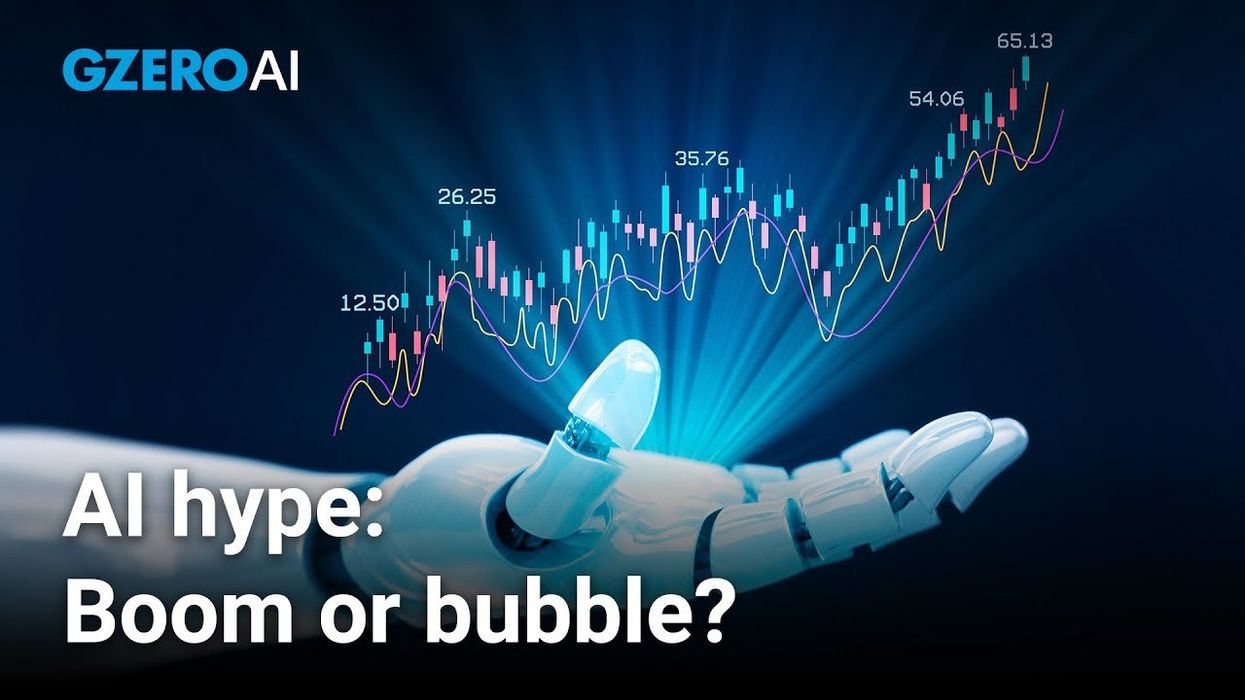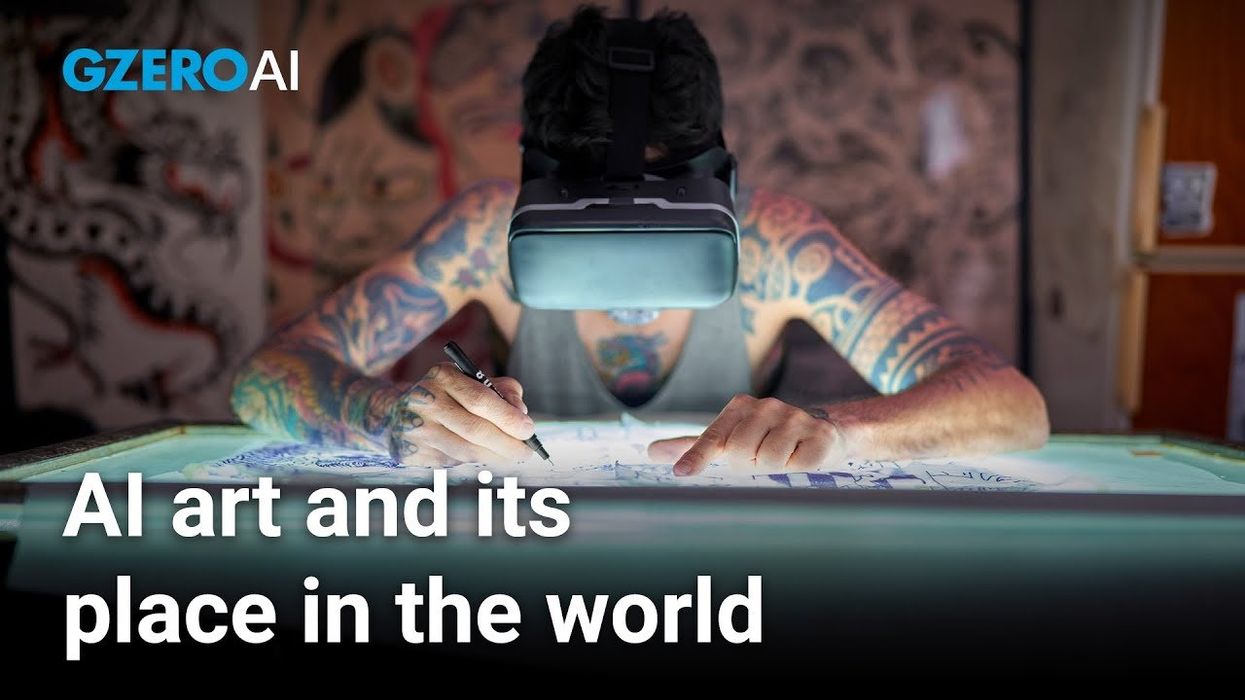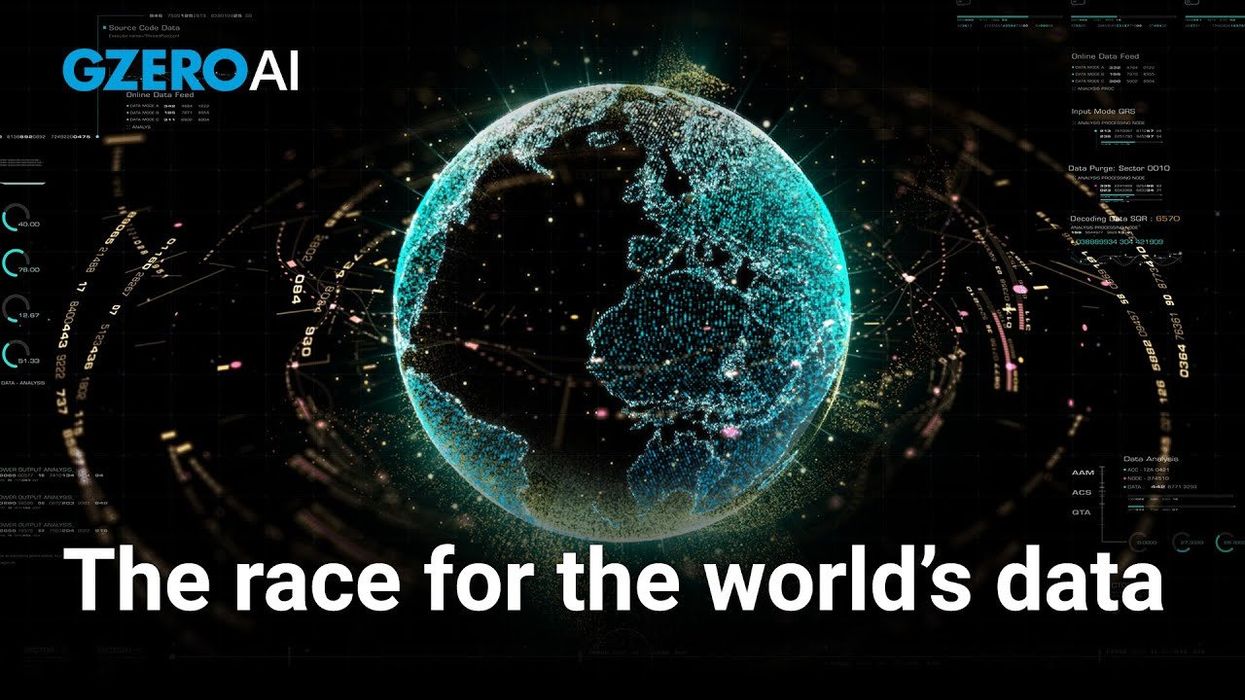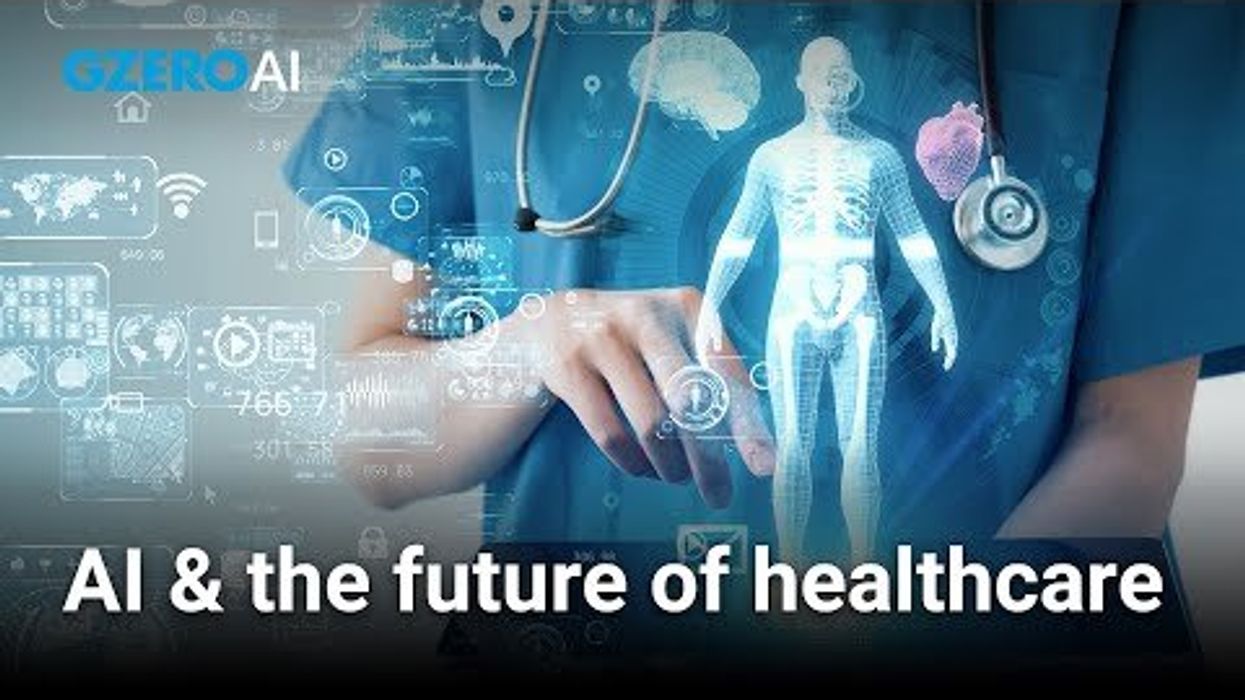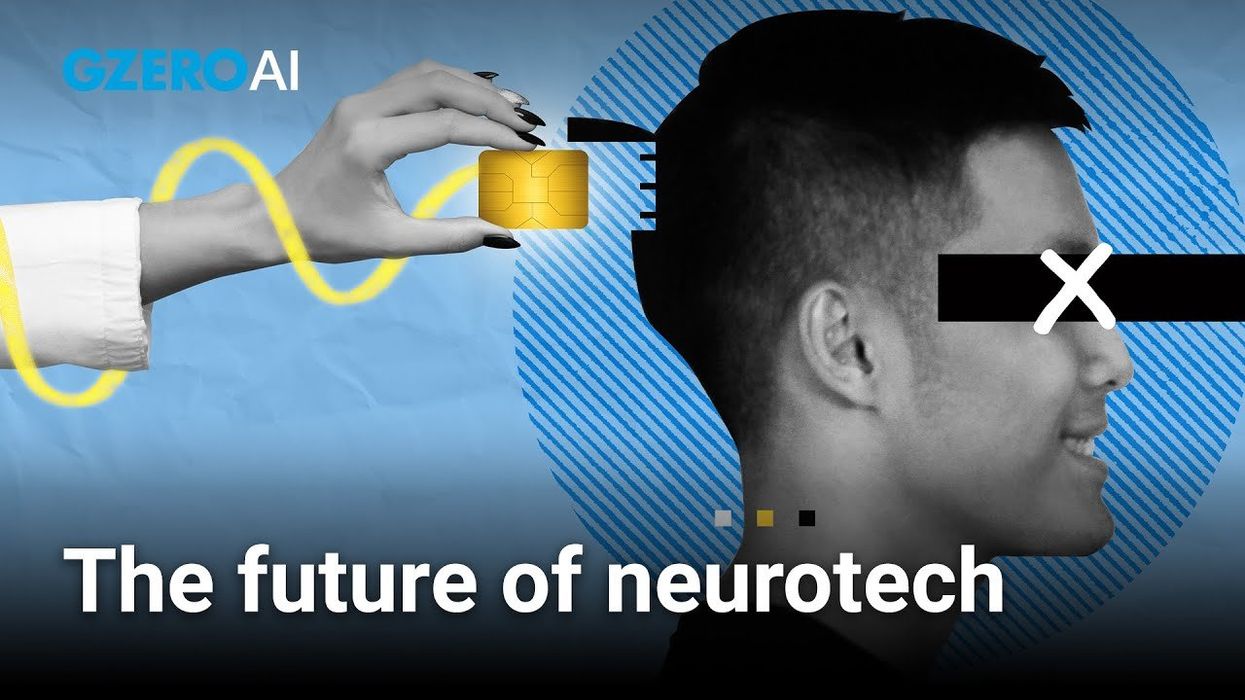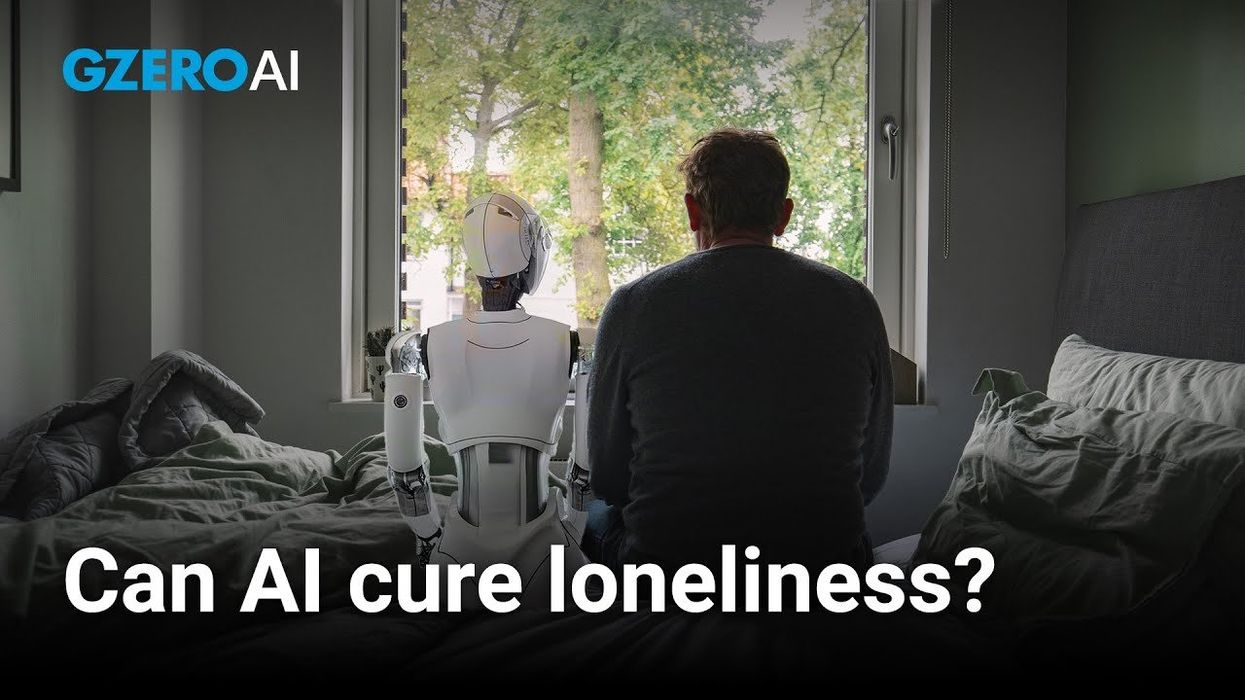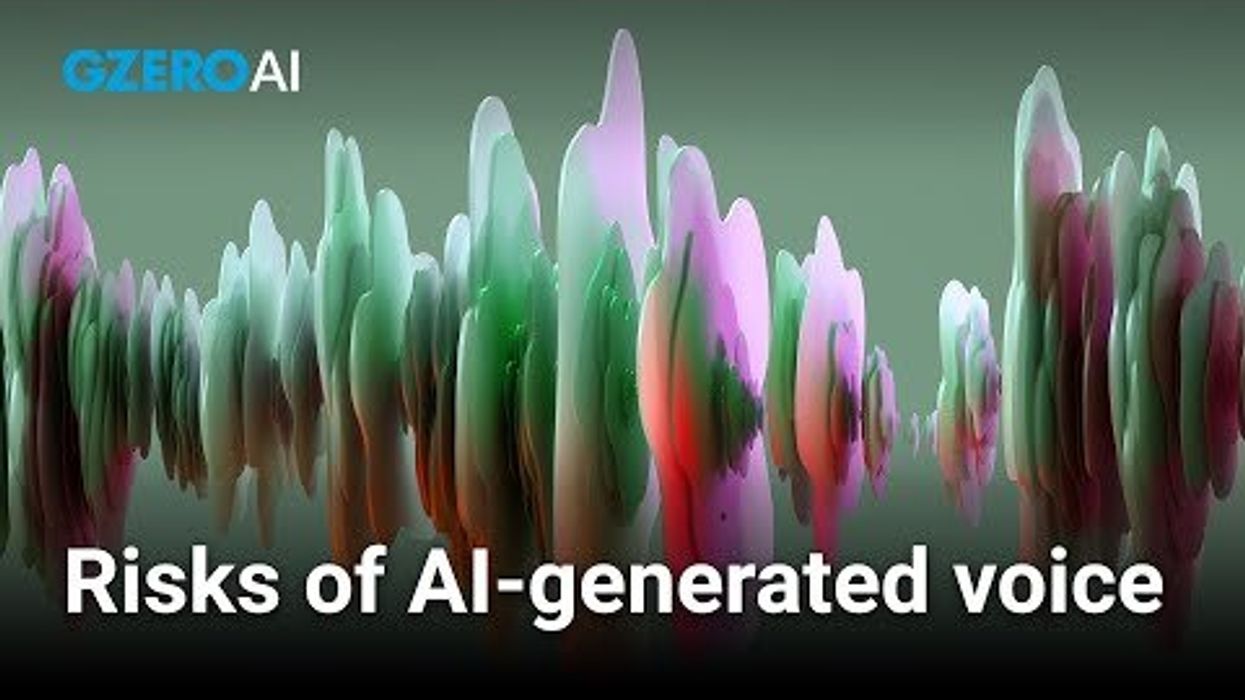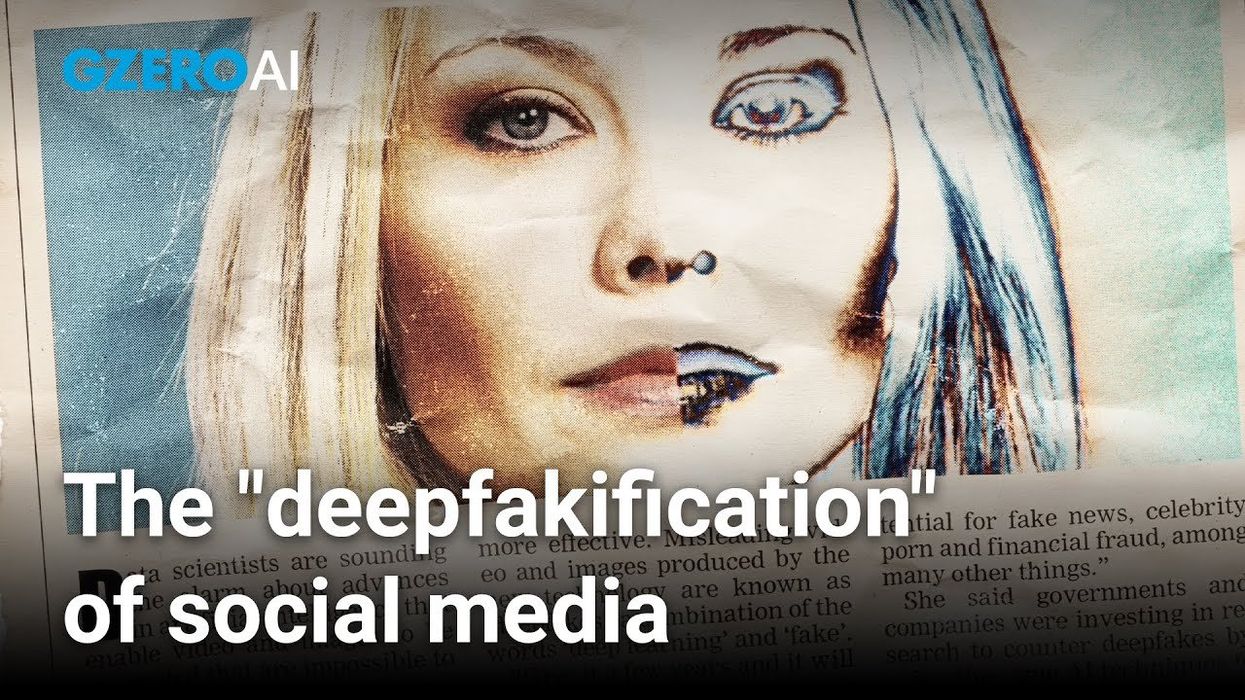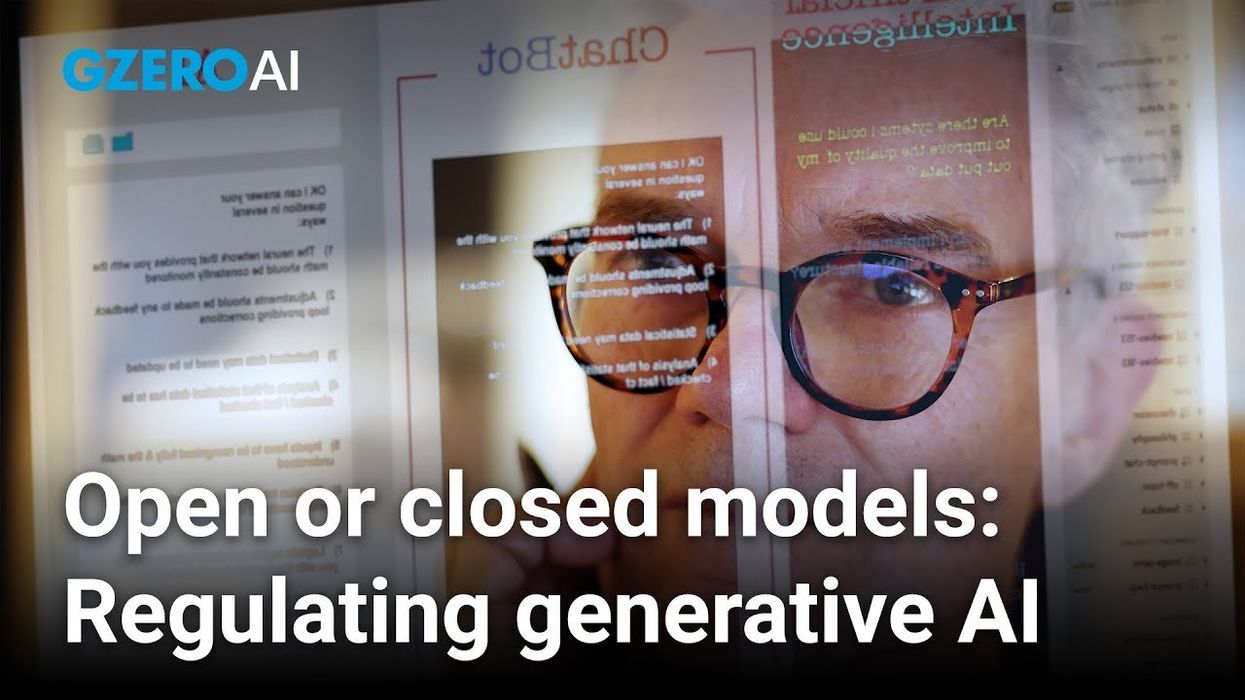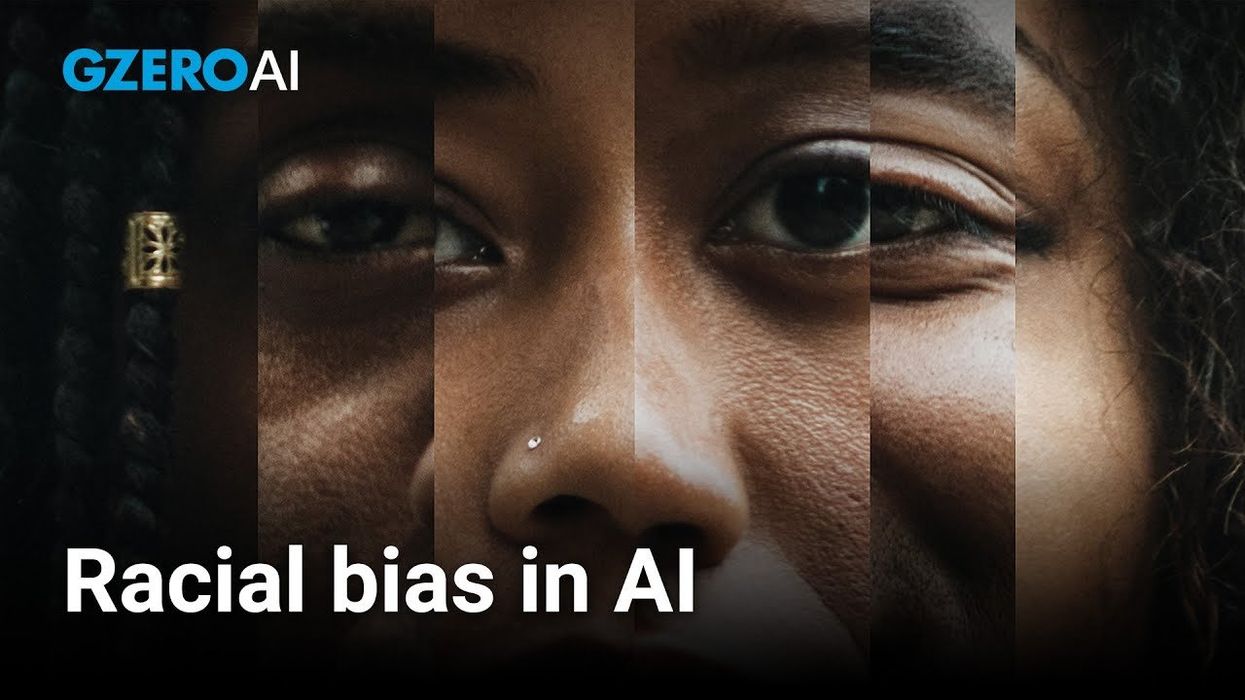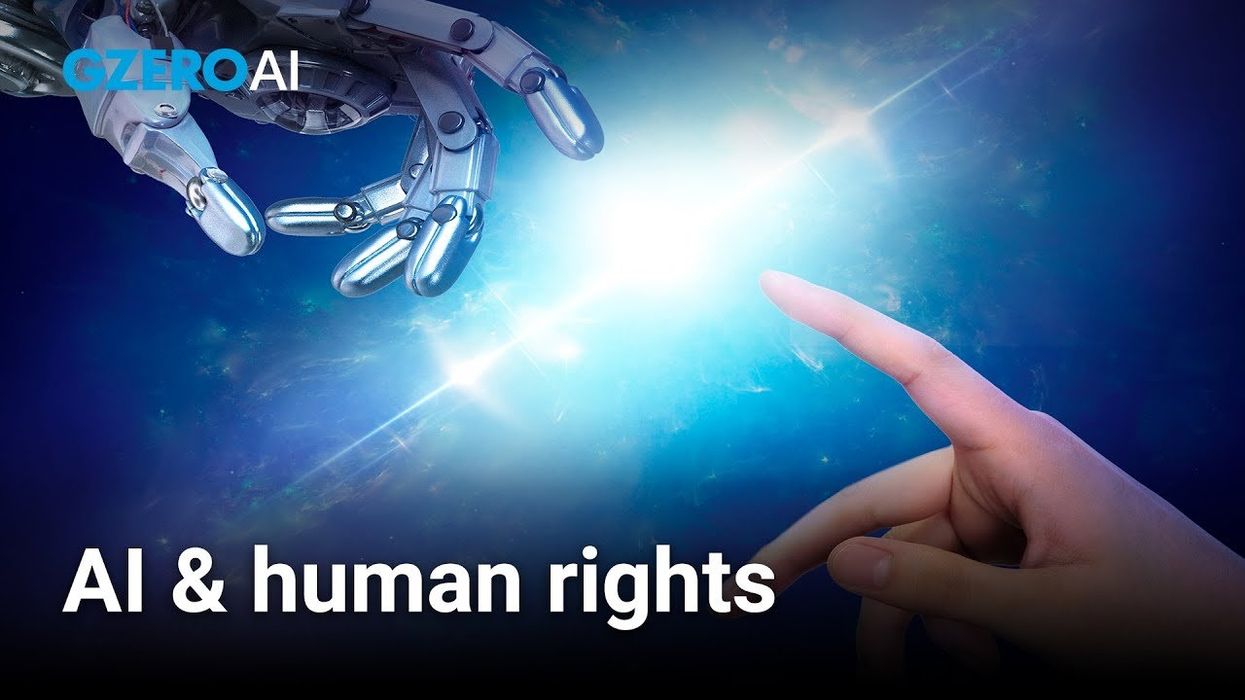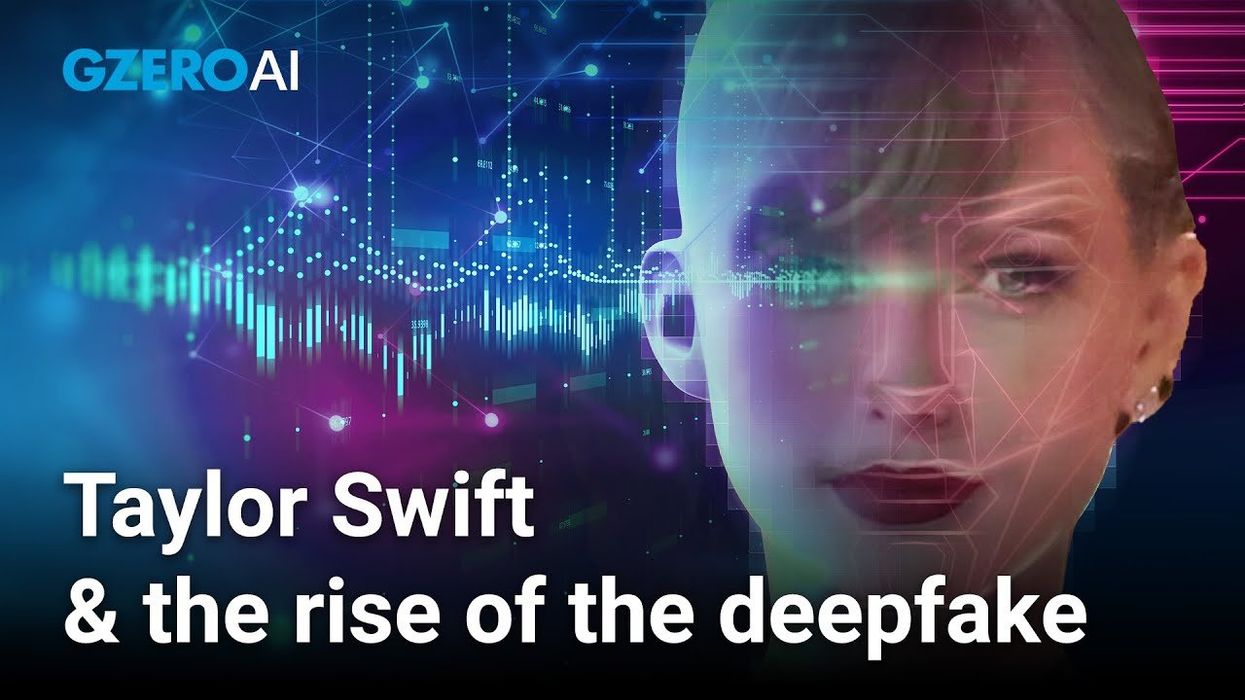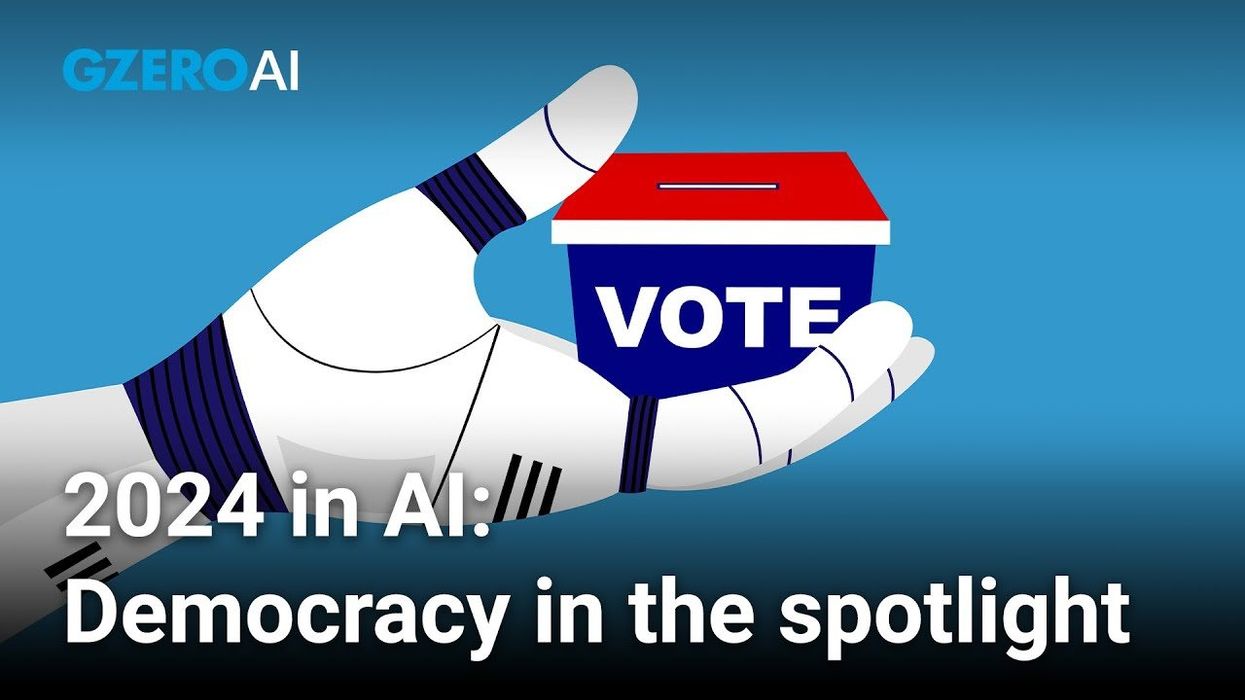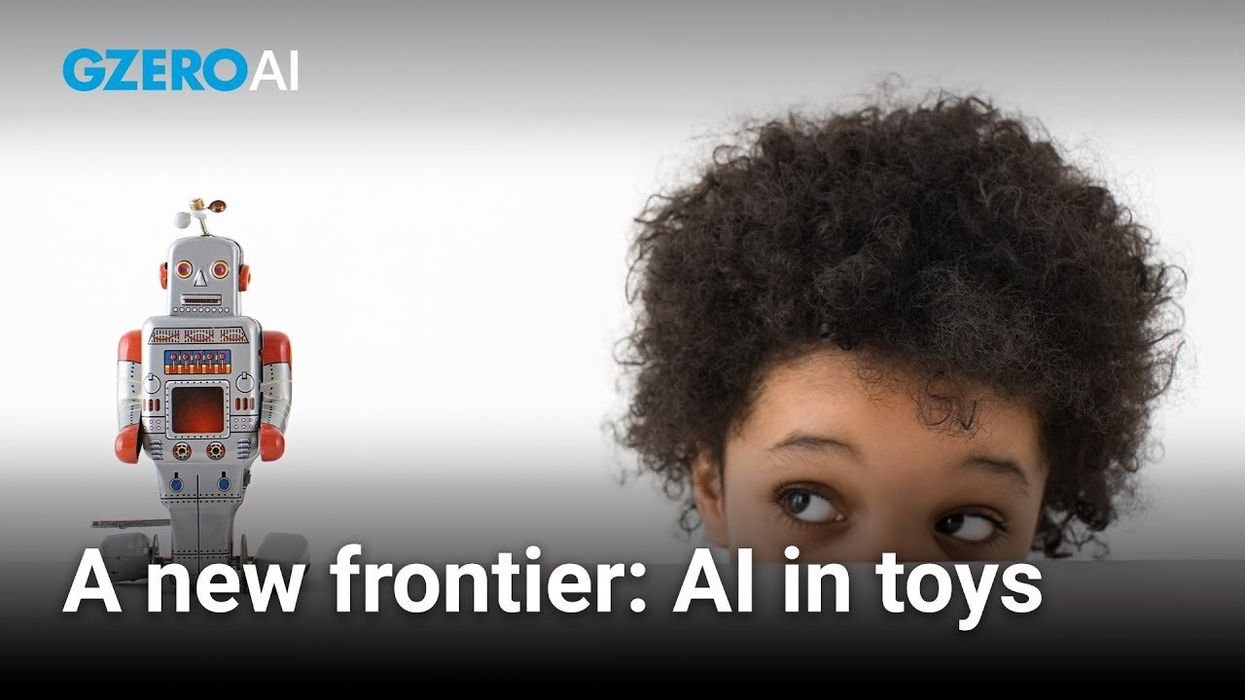VIDEOSGZERO World with Ian BremmerQuick TakePUPPET REGIMEIan ExplainsGZERO ReportsAsk IanGlobal Stage
Site Navigation
Search
Human content,
AI powered search.
Latest Stories
Start your day right!
Get latest updates and insights delivered to your inbox.
GZERO AI Video
GZERO AI is our weekly video series intended to help you keep up and make sense of the latest news on the AI revolution.
Presented by
Marietje Schaake, International Policy Fellow, Stanford Human-Centered Artificial Intelligence, and former European Parliamentarian, co-hosts GZERO AI, our new weekly video series intended to help you keep up and make sense of the latest news on the AI revolution. In this episode, Schaake is live from the World Economic Forum meeting in Davos, where AI is one of the dominant themes. Interestingly, she says, the various conversations about AI have been nuanced: it's been acknowledged as a top risk for the year as much as for its immense potential.
Hi, my name is Maritje Schaake, we are in Davos at the World Economic Forum, where AI really is one of the key topics that people are talking about. And I think what stands out and what I've heard referenced in various meetings is that the WEF's risk report of this year has signaled that this information, especially as a result of the uptake of emerging technologies, is considered one of the key risks that people see this year.
Of course, this being a year in which many elections around the world will take place, but you know, disinformation about health, about geopolitics also factoring in there. So, there is more emphasis on risk as a result of that report than I would normally expect here, where companies are the dominant voices, companies that normally sell you know, all the great visions that they have for what AI can achieve. And what's interesting is that while there are a lot of panels and other sessions around artificial intelligence focusing on global governance, with the role of the United Nations, for example, on trust and elections, on healthcare and AI, geopolitics and AI, you know, AI in the frontlines, these discussions seem to be kind of happening in parallel universes where there are those who are focusing very much on their concerns for civil liberties and the risk of state surveillance.
There are others who are saying, well, scientific breakthroughs are going to save the world. So what I hope will happen either here or in the coming year is that the analysis of what we must expect from AI will start leading to much more concrete policies and enforceable action, because otherwise we're going to continue to see this rapidly changing technology that has deep and wide impact on people all around the world without consequences. And I think we need to make sure that there are guardrails and that these are firm and that, yes, opportunities can be reaped, but certainly risks can be prevented. And hopefully the report and the discussions here in Davos with people coming into these mountains from around the world can actually be meaningful and have impact the coming year.
Keep reading...Show less
More from GZERO AI Video
Europe’s AI deepfake raid
March 04, 2025
AI's existential risks: Why Yoshua Bengio is warning the world
October 01, 2024
How is AI shaping culture in the art world?
July 02, 2024
How AI models are grabbing the world's data
June 18, 2024
Can AI help doctors act more human?
June 04, 2024
How neurotech could enhance our brains using AI
May 21, 2024
OpenAI is risk-testing Voice Engine, but the risks are clear
April 03, 2024
Should we regulate generative AI with open or closed models?
March 20, 2024
AI and Canada's proposed Online Harms Act
March 05, 2024
Gemini AI controversy highlights AI racial bias challenge
February 29, 2024
When AI makes mistakes, who can be held responsible?
February 20, 2024
AI & human rights: Bridging a huge divide
February 16, 2024
Taylor Swift AI images & the rise of the deepfakes problem
February 06, 2024
Will Taylor Swift's AI deepfake problems prompt Congress to act?
February 01, 2024
ChatGPT on campus: How are universities handling generative AI?
January 23, 2024
AI in 2024: Will democracy be disrupted?
December 20, 2023
New AI toys spark privacy concerns for kids
December 12, 2023
GZERO Series
GZERO Daily: our free newsletter about global politics
Keep up with what’s going on around the world - and why it matters.
